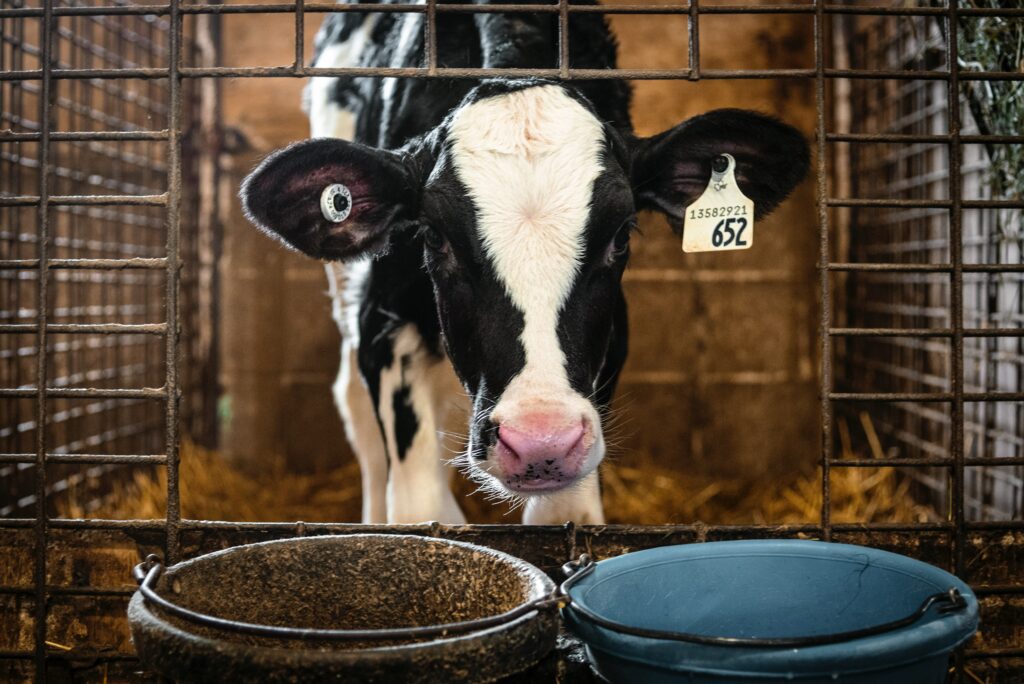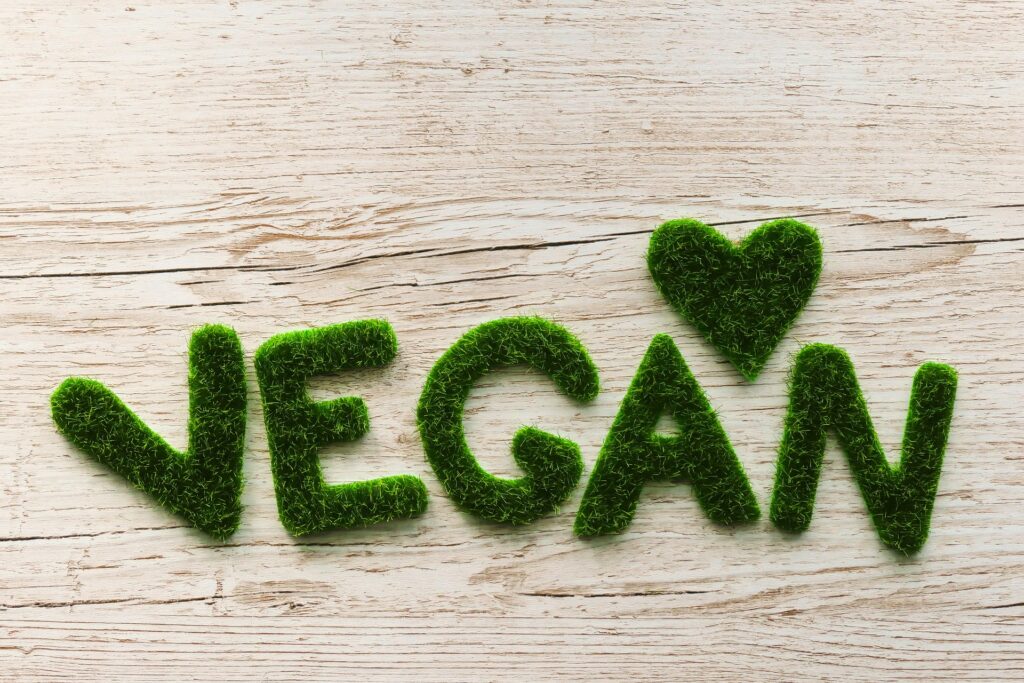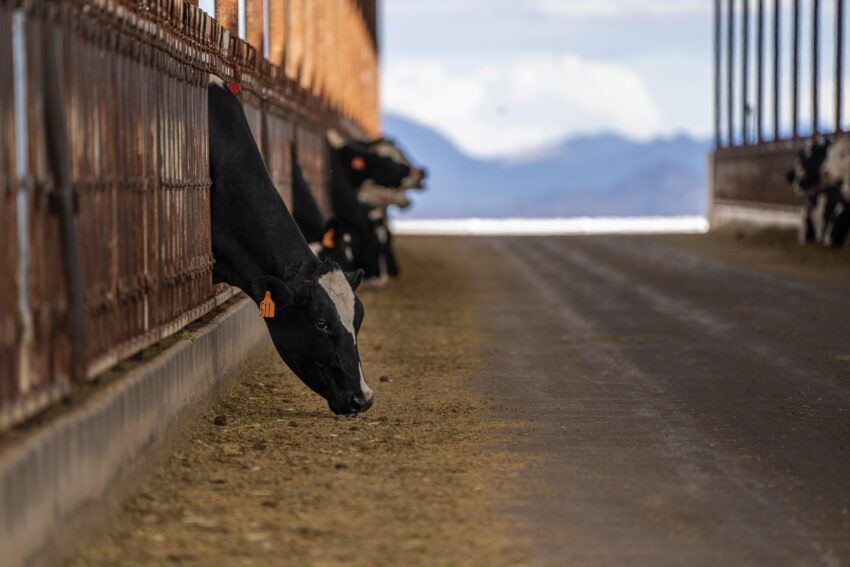Dairy products have become part of our diet. Be it cheese or yoghurt, we enjoy these delicacies in our meal. However, there has been a significant rise in the number of people who are quitting dairy products in recent years. There are various reasons why people are turning to a dairy-free lifestyle, including health concerns, ethical reasons, and environmental concerns. In this article, we will discuss why quitting dairy is a trend you can’t ignore.
Health Benefits of Quitting Dairy
Dairy products contain lactose, which is a sugar that is difficult for some people to digest. Many people have lactose intolerance, which can cause digestive problems, such as bloating, gas, and diarrhoea. Dairy products contain saturated fat, which can increase the risk of heart disease.
Quitting dairy can have numerous health benefits, such as reducing inflammation, improving digestion, and aiding weight loss. Dairy-free alternatives, such as soy milk, almond milk, and oat milk, are widely available and provide the same nutritional benefits as dairy products.
Ethical Reasons
Dairy cows are often subjected to cruel and inhumane treatment, such as being kept in confined spaces and having their tails docked. Male calves are often killed shortly after birth because they are not considered profitable. Many people choose to quit dairy to avoid supporting these unethical practices.

Normally, cows or other milking animals produce milk to feed their babies. However, in reality their babies are separated from them shortly after birth. The milk, which is a complete diet for the baby, is instead sold in the market to meet human needs. When a cow becomes old and is no longer able to produce milk, it is sold to a butcher for meat.
Environmental Concerns
Dairy farming significantly impacts the environment. It consumes substantial amounts of water, land, and energy in the production of dairy products. Studies estimate that dairy farming contributes 20%-30% to global greenhouse gas emissions
By quitting dairy, individuals can actively reduce their carbon footprint and contribute to mitigating the effects of climate change. Choosing plant-based alternatives requires fewer resources to produce, making them a more environmentally friendly option.
Making the Switch to Dairy-Free
At first, switching to a dairy-free lifestyle can seem daunting, but it doesn’t have to be. Numerous dairy-free alternatives, such as soy milk, almond milk, and coconut milk, are available. Many grocery stores and restaurants also offer dairy-free options.

When switching to a dairy-free diet, ensuring you get enough calcium and other nutrients is essential. Foods like leafy green vegetables, tofu, and almonds serve as excellent sources of calcium. Consulting with a registered dietitian can also help ensure that your nutritional needs are being met.
Quitting dairy is a trend that is gaining popularity for a variety of reasons. Whether it is for health concerns, ethical reasons, or environmental concerns, there are numerous benefits to going dairy-free. By making the switch to dairy-free alternatives, individuals can improve their health, reduce their carbon footprint, and avoid supporting unethical practices.

